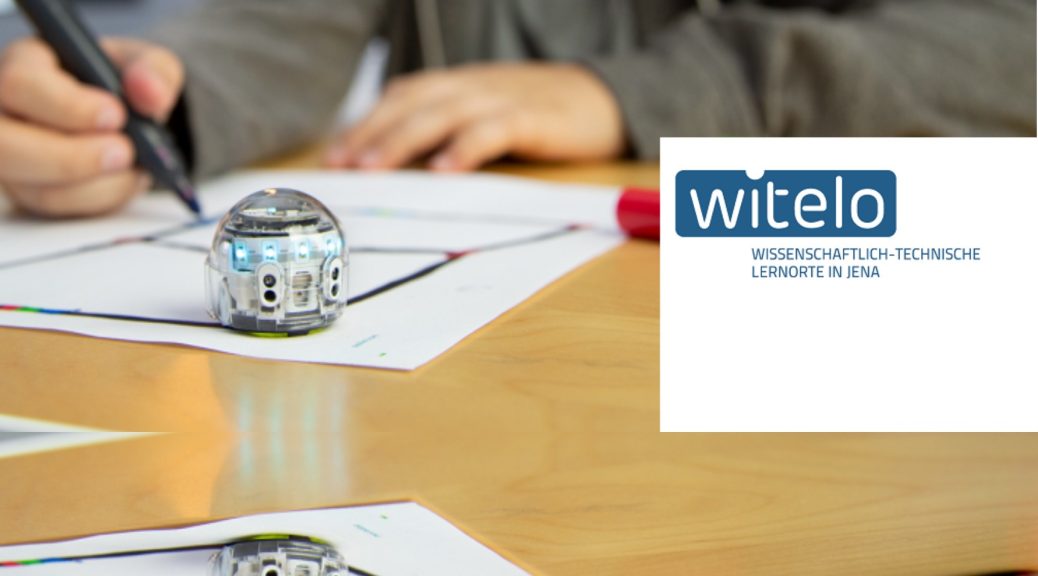TL;DR: We proudly announce the release of Neodymium 5.0.0. Neo is a Java-based test library for web automation that utilizes existing libraries (Selenide, WebDriver, Allure, JUnit, Maven) and concepts (localization, test multiplication, page objects) and adds missing components such as test data handling, starter templates, multi-device handling, and other small but useful everyday helpers.
Our R&D team has been busy brewing! So today we finally get back on the major release train and present you the new Neodymium 5.0.0. It comes with a lot of new little convenience features, giving you more control and possibilities on your test automation. A better browser control, improved configuration possibilities and a bunch of new annotations like @DataItem, @WorkInProgress, @RandomBrowser, will help you set up and configure your test automation to your specific needs. Even if a picture says more than 1000 words sometimes it’s a pain to see on a single screenshot, why the automation journey broke, to help you in such cases, we introduced video recording, to exactly see what happened during the whole user journey.
See below for what you can find inside the big box of updated code:
Continue reading A new magnetic force: Neodymium 5.0.0

